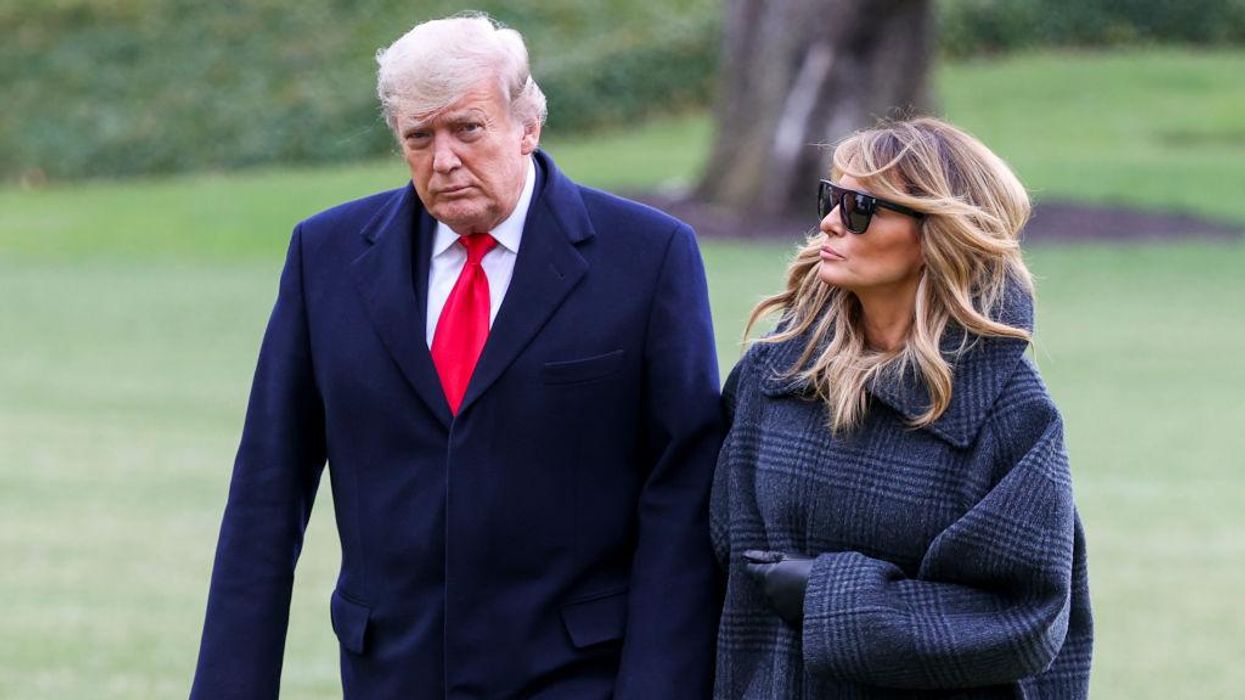
Tasos Katopodis/Getty Images

By a comfortable 81-13 margin, the Senate voted to override President Donald Trump's veto of the National Defense Authorization Act on Friday, completing the first (and perhaps only) veto override of Trump's presidency. The House had voted to override the president's veto by a similarly comfortable margin earlier this week.
President Trump vetoed the bill for a number of stated reasons, including its failure to repeal Section 230 of the Communications Decency Act, its requirement that the military rename military bases that are named after confederate soldiers, and its provisions prohibiting him from performing certain troop relocations.
Many observers closely watched the veto override in the Senate to see what extent Trump will continue to have on Republicans in Congress when his term ends later this month. Tellingly, the president's veto did not change the vote of any Republican senators. The seven Republicans who voted to uphold Trump's veto all voted against the passage of the bill as well. Those Republicans were: Mike Braun (Ind.), Ted Cruz (Texas), Tom Cotton (Ark.), Josh Hawley (Mo.), John Kennedy (La.), Mike Lee (Utah), and Rand Paul (Ky.).
Republican Sens. Kelly Loeffler and David Perdue, who are locked in razor-thin re-election battles in Georgia, were not present for the vote, which was considered to be a foregone conclusion. Perdue is additionally currently in quarantine due to contact with a person who tested positive for the novel coronavirus.
It should, however, be noted that multiple Republicans, including John Thune (S.D.), Kevin Cramer (N.D.), and John Cornyn (Texas) reported to The Hill that they were not pressured by the president at all prior to the vote.
Nevertheless, Trump voiced his extreme displeasure with the vote on Twitter, calling the vote, "Not fair, or smart!"
Republicans in Congress this week also effectively ended the president's push to increase the amount of stimulus checks sent to Americans to $2,000 apiece, after failing to reach a deal with Democrats to offset the additional spending these checks would require by trimming wasteful spending from other portions of the bill.
Leon Wolf
Former Managing Editor, News